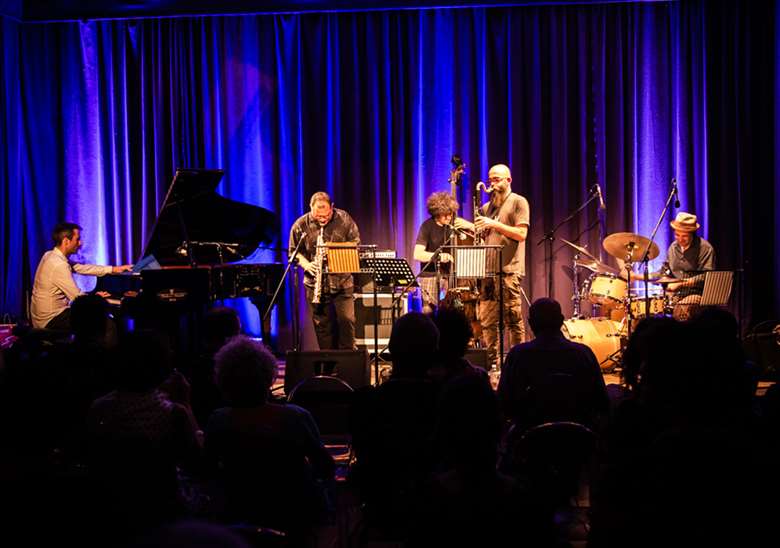European Jazz Network Conference – Soul Food Special
Kevin Le Gendre
Friday, September 20, 2019
Kevin Le Genre reports back from Novara in Italy, the location for this year’s European Jazz Network Conference


Register now to continue reading

Thank you for visiting Jazzwise.co.uk. Sign up for a free account today to enjoy the following benefits:
- Free access to 3 subscriber-only articles per month
- Unlimited access to our news, live reviews and artist pages
- Free email newsletter